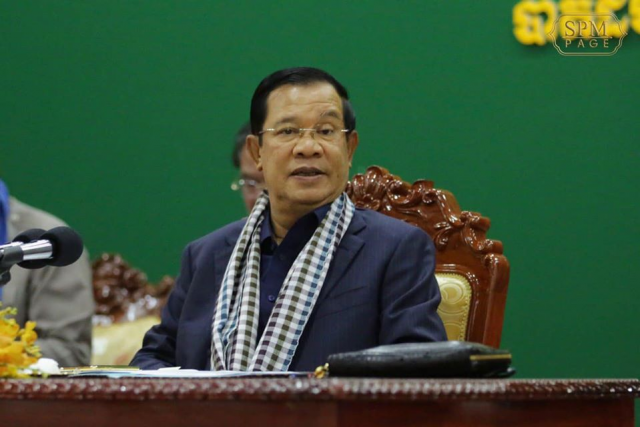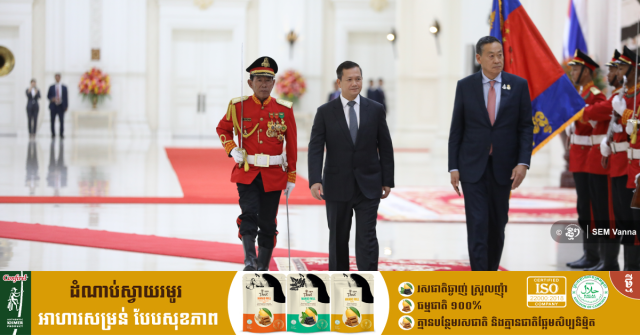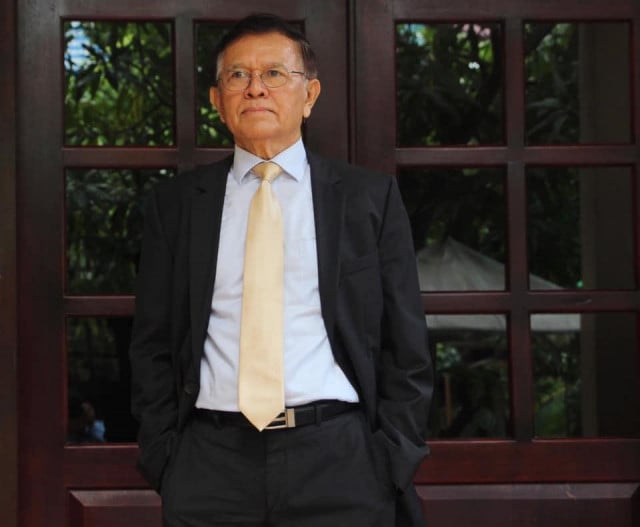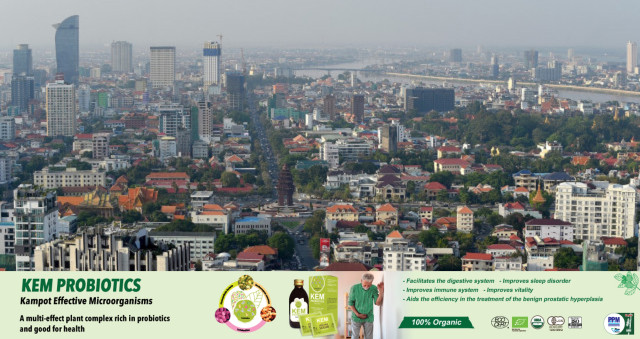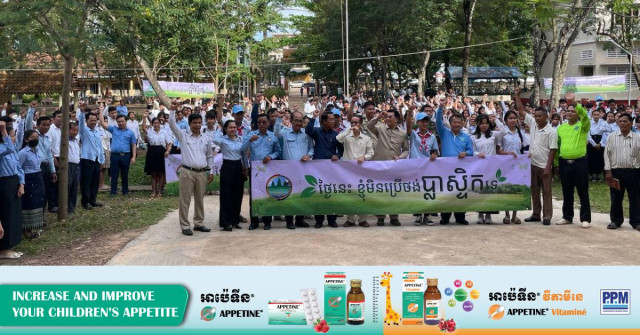Opinion: The Challenges of ASEAN in Dealing with the Myanmar Crisis
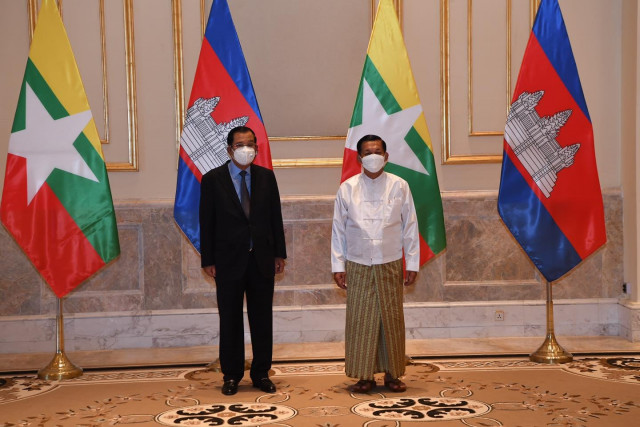
- By Cambodianess
- June 16, 2022 4:54 PM
Prime Minister Hun Sen, as this year’s ASEAN Chair, has made the first big move in the Myanmar crisis by visiting the country and talking directly to its military coup leader.
Hun Sen pressed for the full implementation of the ASEAN Five-Point Consensus and appointed Foreign Minister Prak Sokhonn as ASEAN's special envoy to engage in the dialogue.
This led to controversy as to whether Cambodia is trying to legitimize the military leader or paving the way to ending the crisis.
A core issue in ASEAN’s approach is its principle of non-interference in the affairs of member states.
The coup took place in February last year after elections. Critics alleged widespread fraud and demanded a re-run of the vote. However, the Burmese election commission denied the allegation and said that Aung San Suu Kyi’s National League of Democracy won the election fair and square.
Military commander-in-chief Min Aung Hlaing and the armed forces took over the country in a coup that went against the ASEAN Charter, as viewed by most scholars.
However, until this year, every time ASEAN faced this issue difficulties were seen and the bloc adopted a wait-and-see attitude.
ASEAN still faces challenges when handling intrastate conflict, mainly due to the ASEAN Way. But most scholars say ASEAN should reconsider modifying this approach to fit the current context. The non-interference principle should be flexible when the issue threatens regional peace and security.
ASEAN could clarify loopholes in the ASEAN Five-Point Consensus and continue to pressure for full implementation. A special envoy plays a crucial role in paving the way for humanitarian aid and mediating with all parties to reach a peaceful settlement. But if violence continues to escalate, ASEAN should strongly condemn the military.
ASEAN Way: Non-interference and Consensus
The “ASEAN Way” is a policy describing an informal and personal approach to prevent conflict. This cooperation says non-intervention and consensus are the only approach and all decisions must be unanimous.
During an emergency meeting on 15 October 2021, nine of the ten ASEAN members agreed to exclude the representative from Myanmar after the military coup, stating that there had been insufficient progress. ”However, due to this policy of non-interference and consensus, Myanmar’s leader Min Aung Hlaing rejected this exclusion and refused to send a suggested “non-political representative” to Brunei, the Chair at that time. Myanmar was still part of the ASEAN agenda when the summit began.
This ASEAN Way means the bloc has to deal with the presence of the problem itself, Myanmar, making this whole process almost impossible.
Loopholes in the ASEAN Five-Point Consensus
On 24 April 2021, ASEAN leaders reached an agreement on a Five-Point Consensus with military junta leader Min Aung Hlaing at the Jakarta meeting. This consensus comprises the following key elements: 1) an immediate cessation of violence, 2) constructive dialogue among all parties concerned, 3) ASEAN special envoy to facilitate meditation, 4) delivery of humanitarian assistance, and 5) the special envoy and delegations to meet with all parties concerned.
Despite much support from the international community, most analysts argue that this mechanism has little effect on resolving the political crisis.
First and foremost, none of the clauses call for the release of Myanmar political figures such as Aung San Suu Kyi, President Win Myint, and other political prisoners. Singapore's Prime Minister Lee Hsien Loong said he had called for inclusion of the release of Suu Kyi from house arrest but failed to reach unanimity. The junta only commented that 'he heard us.'
Some people perceive ASEAN as buying time for the junta and trying to recognize the State Administration Council as a legitimate government. That is because ASEAN did not condemn the coup leader and even invited him to the summit, which does not reflect the aspirations of the Myanmar people.
The unclear timeline for action was considered another weakness, for instance, when to appoint the ASEAN special envoy and when to begin constructive engagement with all involved parties. The delay in the departure of the ASEAN special envoy to Myanmar was partially due to the escalating violence and challenges of humanitarian assistance.
Written by CHHNOEUM Satyasomanet & HONG Phannarath, the students from the Department of International Studies (DIS) of the Institute of Foreign Languages (IFL), the Royal University of Phnom Penh (RUPP).






